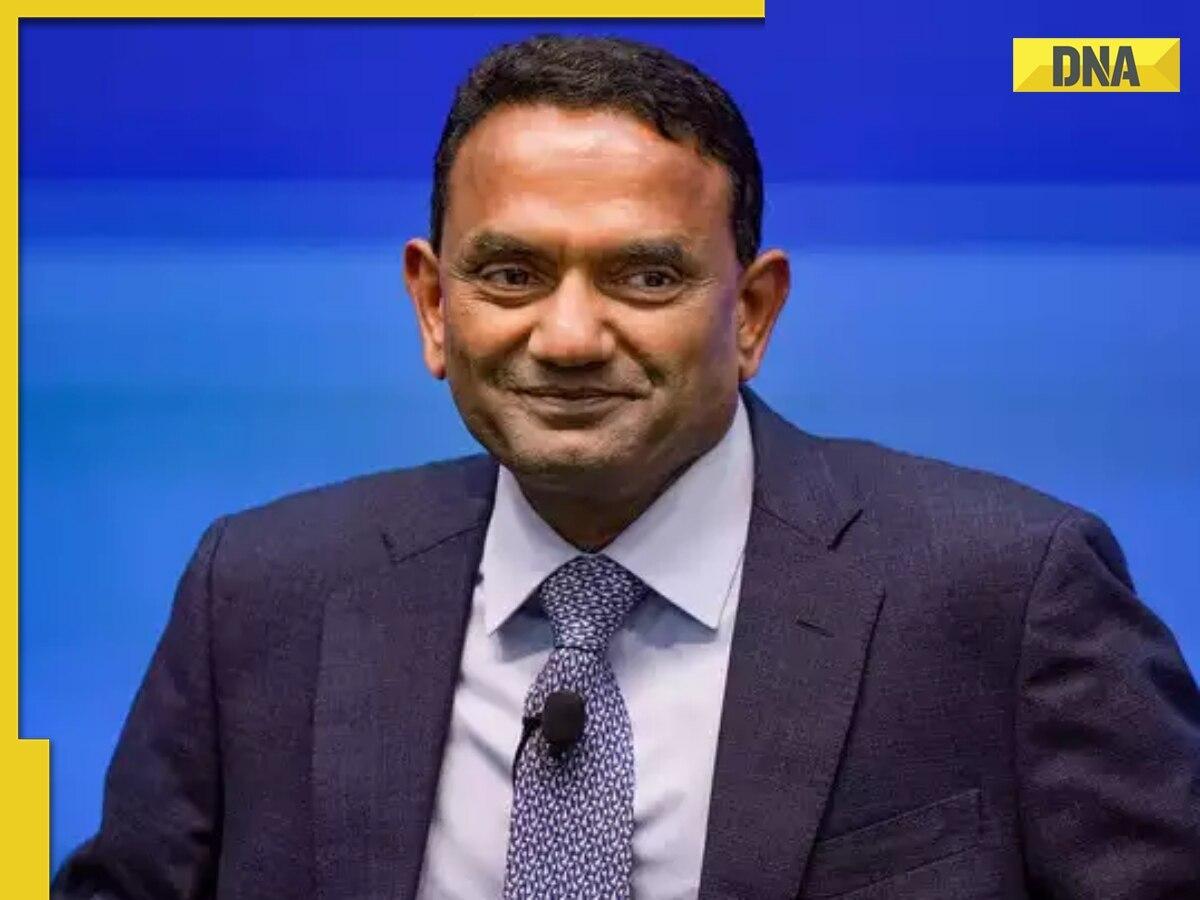
Tata Consultancy Services (TCS), a titan in the global IT services industry, announced that its newly appointed CEO and Managing Director, K Krithivasan, received a total remuneration of Rs 25.36 crore for the fiscal year 2023-24. This figure situates him as the most modestly compensated among the leaders of the large IT corporations. Krithivasan’s financial package spans his basic income, commission, added perks, and allowances, all detailed in the company’s annual report.
Krithivasan ascended to this prominent role in June 2023 after his predecessor, Rajesh Gopinathan, made an unanticipated departure. His leadership contract stipulates a five-year term at the helm of India’s most prosperous IT services exporter. During the reported fiscal year, his salary amounted to ₹ 1.27 crore, with benefits and other compensations pushing the total to over Rs 25 crore, which includes a substantial commission of Rs 21 crore.
This substantial remuneration reflects his previous responsibilities as the global head of TCS’s largest sector: banking, financial services, and insurance. His financial rewards align with his contributions to the company during his tenure in that position.
NG Subramaniam, TCS’s Chief Operating Officer, slightly surpassed Krithivasan’s earnings with a yearly compensation of Rs 26.18 crore. Subramaniam, who is on the brink of retirement, had a salary of ₹ 1.72 crore, benefits adding up to ₹ 3.45 crore, and received the same commission amount of ₹ 21 crore as Krithivasan. His total compensation saw an 8.2 percent increase from the previous year, reflecting his full-year service in the role. In contrast, no comparative analysis for Krithivasan’s raise could be made due to his recent promotion.
Gopinathan, for his limited period as CEO in the same fiscal year, garnered Rs 33.6 lakh in salary and another ₹ 76.8 lakh in benefits, together with perquisites and allowances, as stated in TCS’s annual report.
A notable ratio also emerged from the report, disclosing that the COO’s remuneration was 346.2 times the median pay of a TCS employee, putting the median salary at ₹ 6,01,546 as of March 31, 2024. While the median increment in salary spanned 5.5-8 percent across the company, TCS’s top performers were able to gain double-digit percent increases in India.
The gender composition of TCS’s workforce was detailed as well, with women making up 35.6 percent as the fiscal year concluded. Additionally, in the wake of the pandemic and changed working habits, around 55 percent of the company’s staff has transitioned back to full-time office work.
The report candidly addressed immediate uncertainties in the business environment due to diverse global factors. However, it also highlighted the potential for robust growth in the medium to long term. Revenue growth did experience a slowdown to 6.8 percent in FY24 from the prior year’s 17.6 percent.
The report contained reflections by TCS’s chairman N Chandrasekaran on the transformative potential of GenAI technologies across various sectors and the substantial investments enterprises are making in cloud computing, data infrastructure, and computational power.
Krithivasan himself expressed optimism regarding the company’s trajectory, citing a strong order book, consistent deal flow, and promising pipeline velocity. He emphasized the increasing opportunities ahead, driven by the growing reliance on and integration of technology in contemporary businesses.
Amid these discussions, TCS shares traded at a 0.45 percent decline at Rs 3,954.80 on the BSE, which was modest in comparison to the benchmark’s 1.23 percent correction at the same time.
This comprehensive report showcases the compensation particulars of TCS’s top executives and illuminates the current state and expectations for one of the leading players in the global IT services sector. The insights provided reflect both the financial health of the company and its strategic positioning amidst the industry’s evolving landscape.












